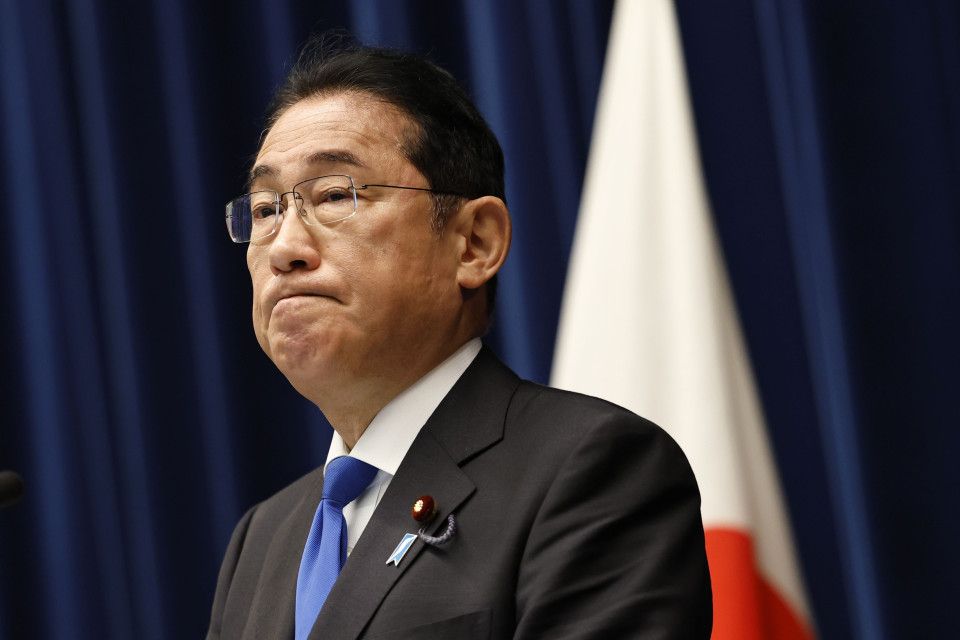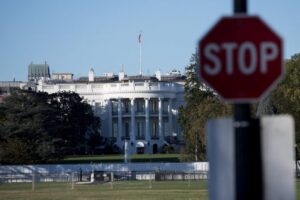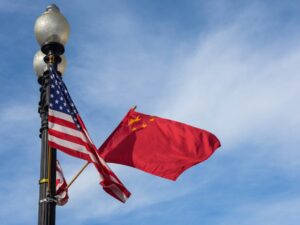
Japanese Prime Minister Fumio Kishida has announced that he will not run in the Liberal Democratic Party’s (LDP) upcoming presidential race, paving the way for his departure as prime minister after three years in power. Kishida made the decision to take responsibility for an illicit funds scandal that has rocked his government and party.
The announcement, which took Japan’s political scene by surprise, came as Kishida’s cabinet stepped up disaster preparations after the Japan Meteorological Agency issued an unprecedented warning last week about the heightened risk of a mega-quake in the Nankai Trough, which stretches from central to southwestern Japan in the Pacific.
At a news conference at the prime minister’s office, Fumio Kishida explained his decision as a first step toward demonstrating to the public that the LDP is willing to change. He added that his choice not to run was made at a time when he was free of immediate diplomatic commitments. He urged LDP lawmakers to “work as one” under a new leader to restore public confidence in politics and address challenges such as an aging population and strengthening defense capabilities.
Despite having chaired the 2023 G7 summit in his Hiroshima constituency, Kishida’s popularity plummeted as the slush funds scandal that emerged late last year deepened. With approval at record lows, his departure seemed inevitable. Kishida is the eighth Japanese prime minister since 1945 to reach 1,000 days in office, but will continue to serve as a lawmaker within the LDP, though he declined to comment on who would be the best successor.
Fumio Kishida’s decision comes amid mounting pressure within the LDP. Calls for his resignation had been growing among party members concerned about the impact his leadership could have on the upcoming general election. While a senior LDP lawmaker hailed Kishida’s decision as “commendable” and a sign of responsibility, opposition parties suspect that a snap election could be called soon after a new prime minister takes office.
No unusual geological stresses in western Japan amid mega-quake alert
The leader of the main opposition party, Kenta Izumi of the Constitutional Democratic Party of Japan, warned that people should not be fooled by the LDP’s strategy to make people forget the past and maintain its grip on power.
The LDP has been under intense scrutiny after some of its factions, including the largest one formerly led by the late former Prime Minister Shinzo Abe, failed to report some of their income from fundraising events, building up illicit funds for years. Kishida dissolved his own faction to set an example and punished veterans close to Abe over the scandal. However, the LDP suffered a crushing defeat in three House of Representatives by-elections in April.
Although Kishida succeeded in passing a revised law on political funds control, opposition parties say the law contains loopholes that will allow politicians to continue accumulating illicit funds.
Amid this backdrop, several candidates have expressed their intention to run in the LDP presidential race. These include former Defense Minister Shigeru Ishiba, who is popular with the public, and Digital Minister Taro Kono, who is known for his reformist approach and social media savvy. Also mentioned are Toshimitu Motegi, the LDP’s secretary general, and Sanae Takaichi, the minister for economic security, among others.
Kishida assumed leadership of the LDP in October 2021, after his predecessor, Yoshihide Suga, resigned following criticism over his handling of the COVID-19 pandemic. Under his leadership, the LDP won the House of Councillors election in July 2022, though its popularity plummeted following the assassination of Abe and the revelation of suspicious ties between the Unification Church and LDP lawmakers. Kishida’s retirement marks the end of a turbulent period in Japanese politics, as the LDP prepares to elect a new leader to confront the challenges of a country amid demographic shifts and rising regional tensions.
He is a student at the Faculty of Law of the National University of Cuyo, Mendoza, Argentina. He is a member of the Faculty’s Research Group and of the Study Group on India and Southeast Asia of the National University of Rosario. He also completed the Diploma in Law and Digital State 4.0. He is an intern at SHEN, a business consultant with Asia, and an editor at ReporteAsia.
Source: https://reporteasia.com/politica/2024/08/14/fumio-kishida-retiro-primer-ministro

